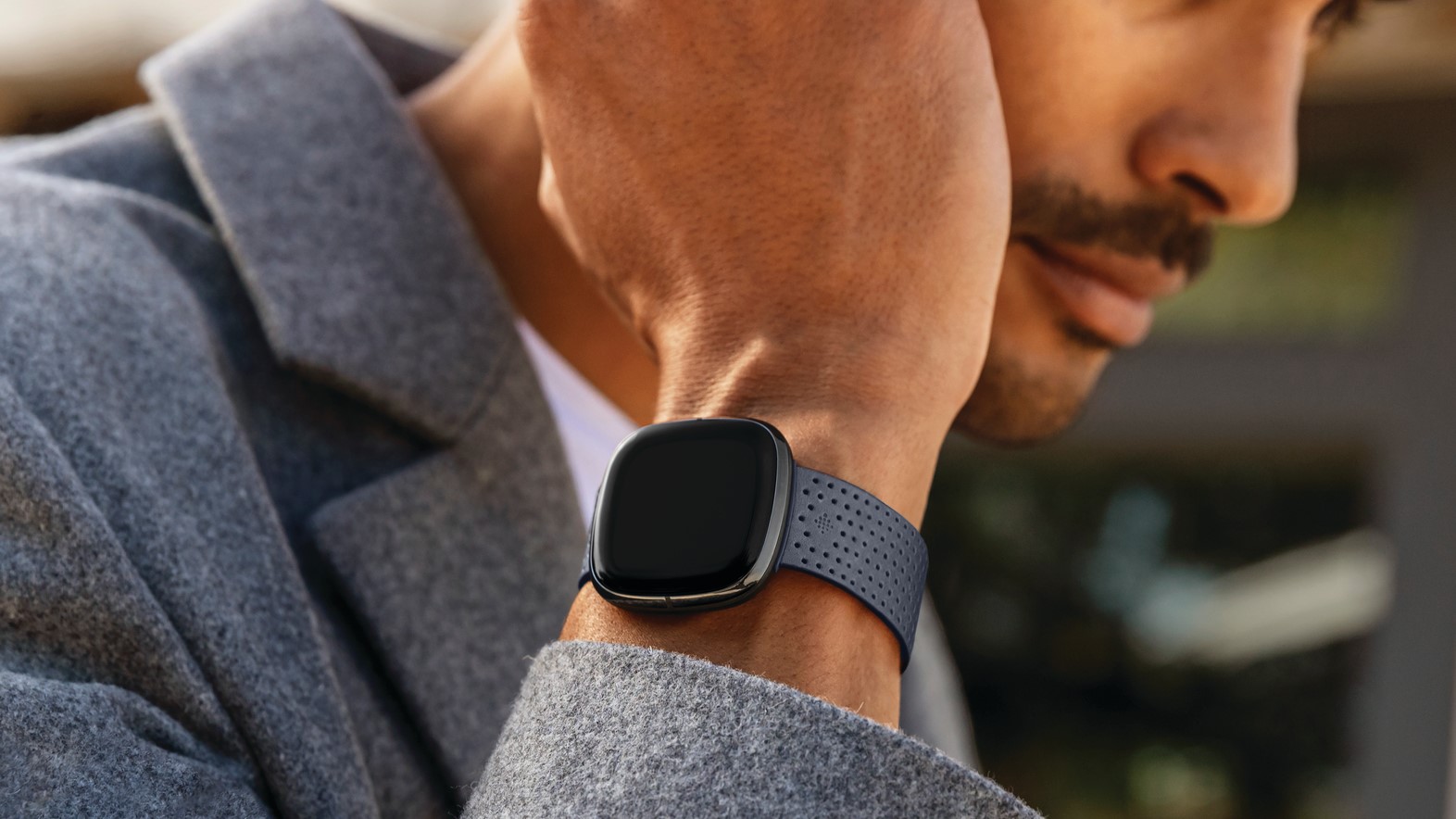Fitbit gets approval for potentially lifesaving new feature

Sign up for breaking news, reviews, opinion, top tech deals, and more.
You are now subscribed
Your newsletter sign-up was successful
Fitbit has received approval from the US Food and Drugs Authority (FDA) for a new algorithm that can detect signs of an irregular heartbeat while you go about your day, and give you early warning of potential problems.
As TechCrunch reports, the validation was partly a result of a 2020 heart study, which followed 450,000 people for five months and found Fitbit's technology 98% as effective as a purpose-built ECG patch when it came to detecting atrial fibrillation episodes.
Both the Fitbit Charge 5 and Fitbit Sense have electrocardiogram (ECG) sensors that can detect signs of atrial fibrillation, but only when you activate the appropriate app on the watch and hold your fingers on the case for one minute.
The app can't diagnose a heart condition, but if it detects a potential issue, it can generate a report that you can share with your doctor. However, it's something most people might not take time to do regularly, and will only pick up irregularities that appear during the brief time you're conducting a scan.
The new algorithm eliminates the need to take time out of your day to perform scans. Instead, your Fitbit will perform automatic checks at regular periods (roughly every two hours, depending on your activity levels) without any manual input. If it detects an irregularity, the watch will run several more scans to confirm it, then display an alert.
When is it coming?
We learned that Fitbit had applied for FDA approval in March, and now that it's received the green light, the company is free to launch a watch with passive ECG monitoring in the US. It will still need approval in other countries to roll it out globally, but as we've seen in the past, the company often releases new devices with sensors temporarily locked in certain regions rather than wait for consent from international regulators.
We're not expecting it to be a firmware upgrade, though. Although the Fitbit Sense and Charge 5 both have ECG sensors, they're not in constant contact with the skin, so we very much doubt they'll be compatible with passive ECG monitoring. However, you might not have to wait very long before you can upgrade to a watch with the necessary hardware setup.
Sign up for breaking news, reviews, opinion, top tech deals, and more.
In fact, passive ECG monitoring may be the standout feature of the Fitbit Sense 2, which we're expecting to arrive around August this year.
Earlier this month, references to three new devices appeared in the installation files for the official Fitbit mobile app. Two of these (codenamed Hera and Rhea) appear to have square displays with the same resolution as the Fitbit Sense and Versa 3, while the third (codenamed Nyota) is rectangular, like the Fitbit Inspire 2. All three of those devices launched simultaneously in 2020, so it makes sense that Fitbit would launch their successors at the same time as well.
We're keeping our ears to the ground for news on all three watches, and will keep you updated as soon as we know more.

Cat is TechRadar's Homes Editor specializing in kitchen appliances and smart home technology. She's been a tech journalist for 15 years, having worked on print magazines including PC Plus and PC Format, and is a Speciality Coffee Association (SCA) certified barista. Whether you want to invest in some smart lights or pick up a new espresso machine, she's the right person to help.